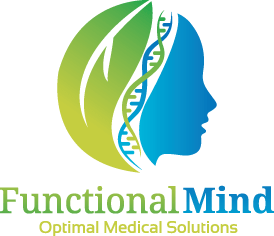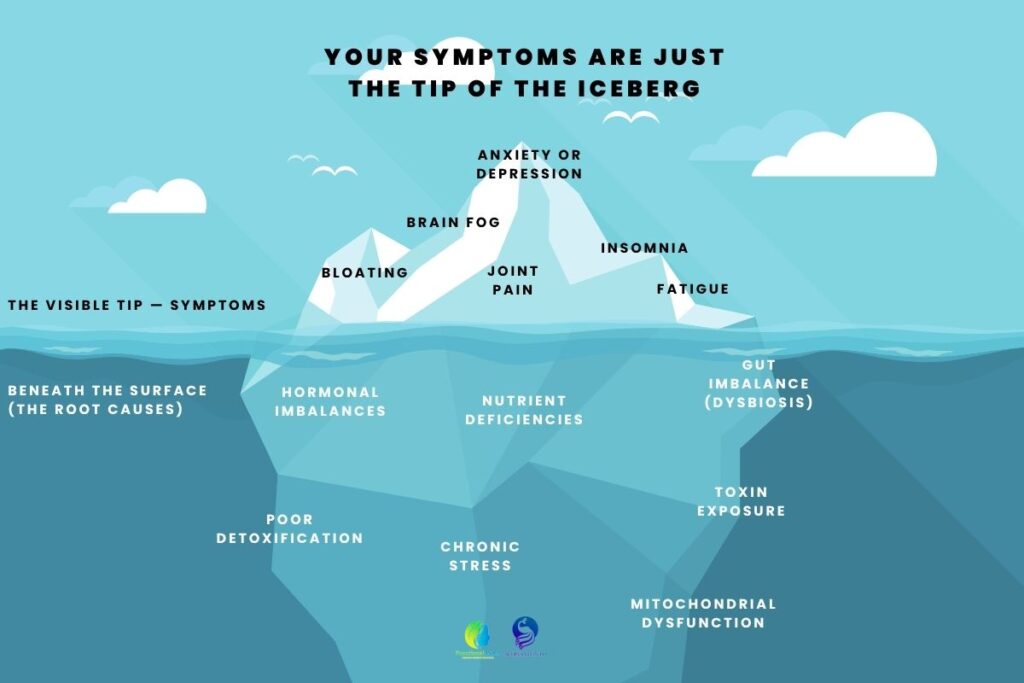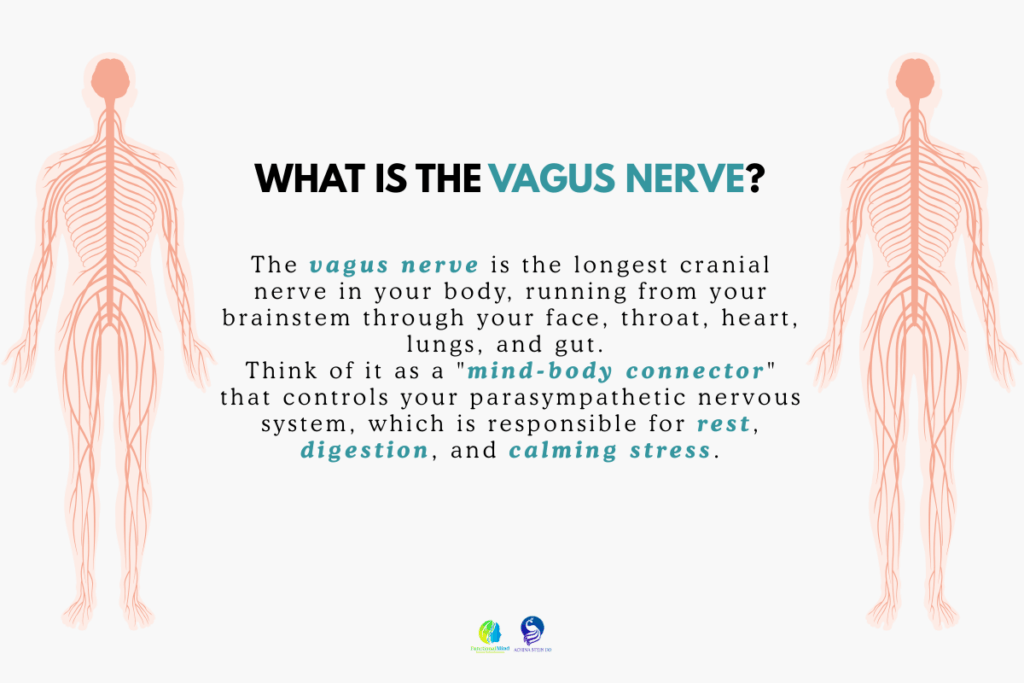 Most people think of brushing and flossing as basic daily habits to prevent cavities — but your oral health influences far more than your smile. Strong research now shows a significant link between oral health and brain health, revealing that the state of your mouth directly affects cognitive function, inflammation, and long-term brain wellness.
Most people think of brushing and flossing as basic daily habits to prevent cavities — but your oral health influences far more than your smile. Strong research now shows a significant link between oral health and brain health, revealing that the state of your mouth directly affects cognitive function, inflammation, and long-term brain wellness.
A new Yale study highlights this connection by showing that individuals with poor oral health — or even a genetic predisposition to it — experienced greater damage to the brain’s white matter after a stroke. Because white matter controls memory, focus, and communication within the brain, damage in this area can accelerate cognitive decline.
So how does the mouth impact the brain so profoundly? The answer lies in chronic inflammation, hidden infections, and imbalances in the oral microbiome — all central to the oral health and brain health connection.
How Oral Health Impacts the Brain
 Your mouth contains millions of bacteria. Some are helpful, but others can trigger inflammation when they grow out of balance. When harmful bacteria flourish due to gum disease, poor hygiene, or unresolved dental issues, they can enter the bloodstream and travel to the brain.
Your mouth contains millions of bacteria. Some are helpful, but others can trigger inflammation when they grow out of balance. When harmful bacteria flourish due to gum disease, poor hygiene, or unresolved dental issues, they can enter the bloodstream and travel to the brain.
Once there, these bacteria and inflammatory markers can:
-
Disrupt white matter function
-
Cause brain fog
-
Impair memory
-
Increase stroke and cognitive decline risks
-
Worsen mood and mental clarity
Hidden dental infections amplify this problem dramatically. Issues such as cavitations, abscesses, jawbone infections, and infected root canals may not cause pain — yet they can silently fuel inflammation for years, affecting both oral health and brain health.

CBCT Scans: The Best Tool for Detecting Hidden Oral Infections
Most patients never discover these issues because standard dental X-rays often miss them.
A CBCT (Cone Beam Computed Tomography) scan offers a 3D view of the jaw and is the most accurate method for identifying hidden infections that impact oral health and brain health.
CBCT scans can detect:
This makes CBCT imaging critical for uncovering root causes behind chronic fatigue, brain fog, mood changes, or persistent inflammation.
Another overlooked factor in the oral health and brain health connection is metal exposure. Having two or more different metals in the mouth — especially silver amalgams — can create galvanic currents, disrupt the oral microbiome, and increase the risk of chronic inflammation and infection.
How to Support Both Oral Health and Brain Health
 Improving your mouth is one of the most effective ways to protect your brain. Here are key steps:
Improving your mouth is one of the most effective ways to protect your brain. Here are key steps:
1. Brush and Floss Daily
Strong oral hygiene prevents bacterial overgrowth.
2. Reduce Sugar and Processed Foods
Sugar fuels harmful bacteria that trigger inflammation.
3. Stay Hydrated
Saliva helps regulate the oral microbiome.
4. Eat Nutrient-Dense Foods
Vitamin C, zinc, antioxidants, and omega-3s support gum and brain function.
5. Try Natural Supportive Practices
Oil pulling, tongue scraping, and water flossers help reduce harmful bacteria.
By supporting both oral health and brain health, you strengthen memory, mental clarity, and long-term cognitive resilience.
A Healthy Mouth Supports a Healthy Mind
Your mouth is a direct reflection of your brain’s inner workings. When you address hidden infections, reduce inflammation, and optimize oral health, you give your brain the support it needs to function at its best.
Get Root-Cause Support with Dr. Achina Stein at Functional Mind LLC
If you’re experiencing brain fog, mood changes, fatigue, or cognitive decline, your oral health may be part of the root cause.
Dr. Achina Stein and Functional Mind LLC specialize in identifying the deeper issues — including hidden oral infections — that influence mental and physical health.
📞 Call: 401-270-4541
📅 Book your FREE 25-minute discovery call:
fxnmind.com/free-consultation-with-achina
Take the next step toward clearer thinking, a better mood, and whole-body wellness.












 Most people think of brushing and flossing as basic daily habits to prevent cavities — but your oral health influences far more than your smile. Strong research now shows a significant link between oral health and brain health, revealing that the state of your mouth directly affects cognitive function, inflammation, and long-term brain wellness.
Most people think of brushing and flossing as basic daily habits to prevent cavities — but your oral health influences far more than your smile. Strong research now shows a significant link between oral health and brain health, revealing that the state of your mouth directly affects cognitive function, inflammation, and long-term brain wellness. Your mouth contains millions of bacteria. Some are helpful, but others can trigger inflammation when they grow out of balance. When harmful bacteria flourish due to gum disease, poor hygiene, or unresolved dental issues, they can enter the bloodstream and travel to the brain.
Your mouth contains millions of bacteria. Some are helpful, but others can trigger inflammation when they grow out of balance. When harmful bacteria flourish due to gum disease, poor hygiene, or unresolved dental issues, they can enter the bloodstream and travel to the brain.
 Improving your mouth is one of the most effective ways to protect your brain. Here are key steps:
Improving your mouth is one of the most effective ways to protect your brain. Here are key steps: Heart Rate Variability measures the slight variations in time between each heartbeat. Even if your heart beats 70 times per minute, the spacing between beats isn’t perfectly even — and that variability is healthy.
Heart Rate Variability measures the slight variations in time between each heartbeat. Even if your heart beats 70 times per minute, the spacing between beats isn’t perfectly even — and that variability is healthy. HRV varies from person to person, but here are general resting HRV ranges:
HRV varies from person to person, but here are general resting HRV ranges: HRV is closely connected to emotional balance and mental resilience. Low HRV is associated with:
HRV is closely connected to emotional balance and mental resilience. Low HRV is associated with: You can raise your HRV and strengthen your stress resilience with simple daily habits:
You can raise your HRV and strengthen your stress resilience with simple daily habits:

